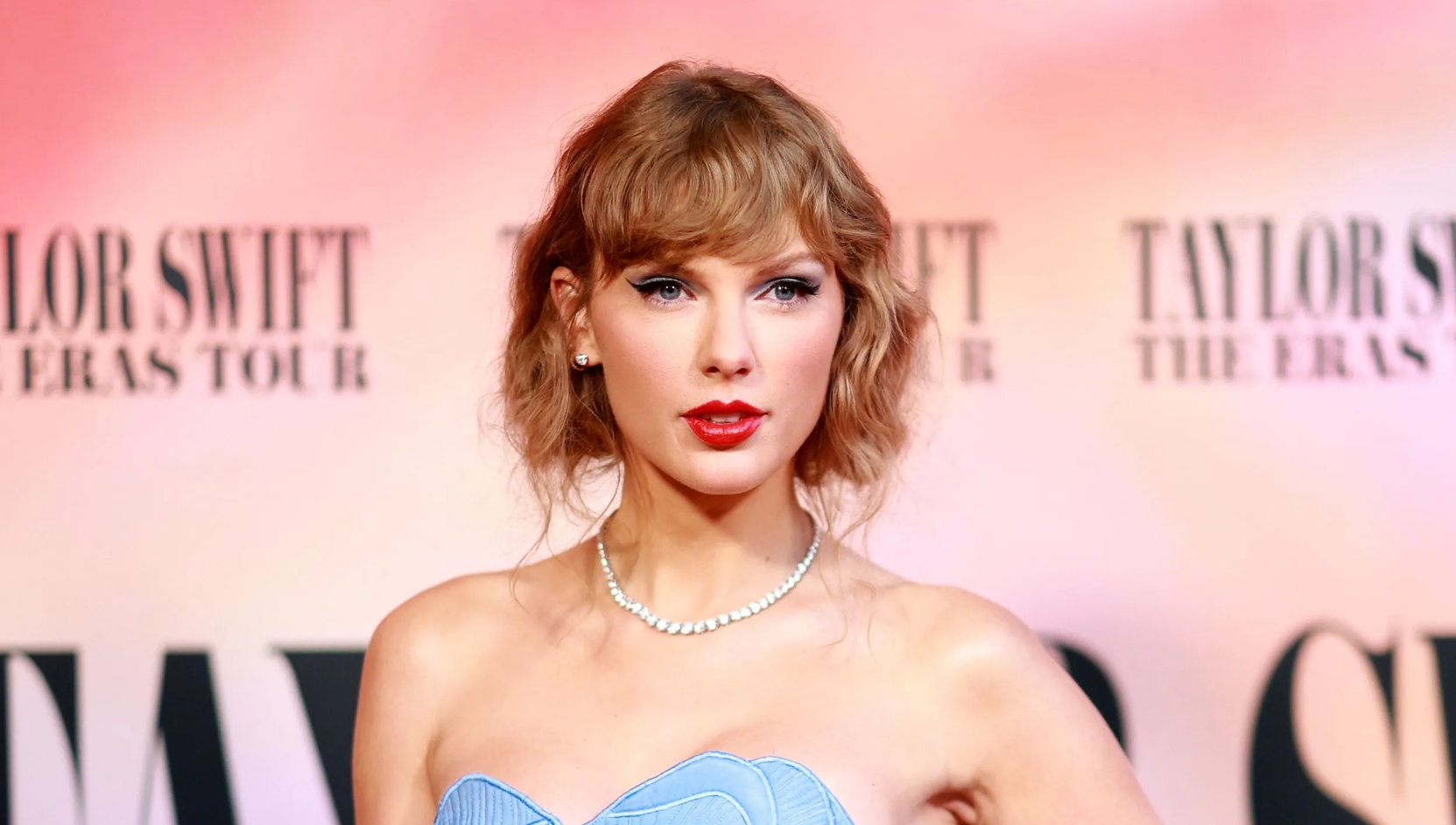Taylor Swift’s Pornographic Deepfake Spread Online Explicit deepfake images of the famous singer Taylor Swift have circulated on social media, prompting X to take preventive measures. Last weekend, a series of explicit images, created using deepfake technology by superimposing Taylor Swift’s face onto explicit content, quickly spread across social media platforms. These images initially circulated on the Telegram social media platform and were later extensively shared on the X platform (formerly Twitter).
Telegram and X are considered relatively lenient social media platforms that do not prohibit the sharing of explicit content. The creation of these manipulated images has sparked outrage among Taylor Swift’s fan community. Many fans of the singer have voiced their concerns and urged others to report and flag posts containing fake images on social media. X social media swiftly took action to protect Taylor Swift’s identity. The platform blocked users from searching for keywords related to Taylor Swift.

For instance, when users search for keywords such as “Taylor Swift,” “Taylor Swift AI,” or “Taylor AI” on X, they receive a response stating, “Content not available, please try again.” Joe Benarroch, X’s Business Operations Manager, stated that blocking searches related to Taylor Swift is a “temporary but necessary action” as X prioritizes user safety and prevents the spread of misinformation.
Several X accounts sharing explicit deepfake images of Taylor Swift have been either suspended or banned from posting. Taylor Swift is the latest victim of deepfake technology. In fact, this technology has long been used to create manipulated images and videos featuring the faces of celebrities, many of whom have been inserted into explicit content. In addition to celebrities, ordinary individuals have also become victims of deepfake, with malicious actors merging their faces into explicit images and videos.

These are then used for extortion, threatening to release the manipulated content on social media if a ransom is not paid. The incident with Taylor Swift has prompted legal experts in the United States to call for the passage of legislation prohibiting the dissemination of explicit deepfake images. If such legislation is enacted, sharing sensitive content created using deepfake technology would be considered a criminal offense, and individuals creating or sharing such content could face fines or imprisonment.
It is expected that the CEOs of major U.S. social media platforms such as Meta, X, TikTok, Snapchat, among others, will testify before the Senate Judiciary Committee on January 31 to answer questions about their platforms’ efforts to prevent the spread of explicit deepfake content. Deepfake is artificial intelligence technology that uses image synthesis techniques to combine and overlay the facial features of one person onto a video or image of another person. Deepfake undergoes a learning process based on input data to create a model and select suitable algorithms for continuous processing and learning from these models. After a period of “learning,” deepfake can accurately superimpose a face that is difficult to distinguish with the naked eye.



